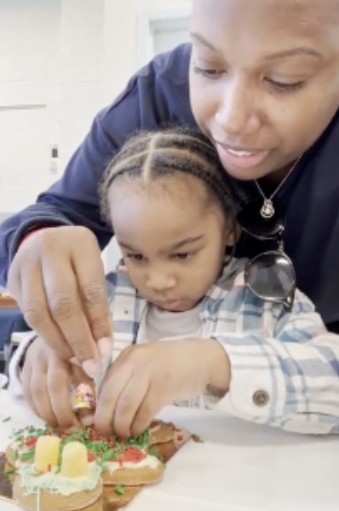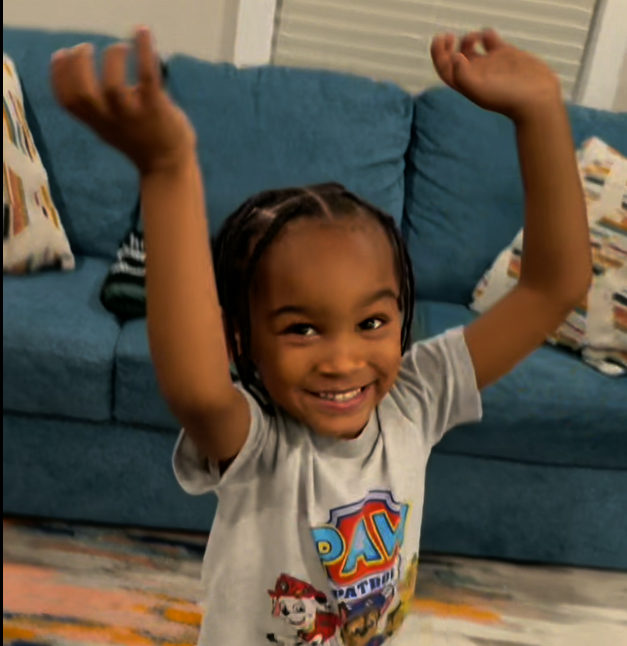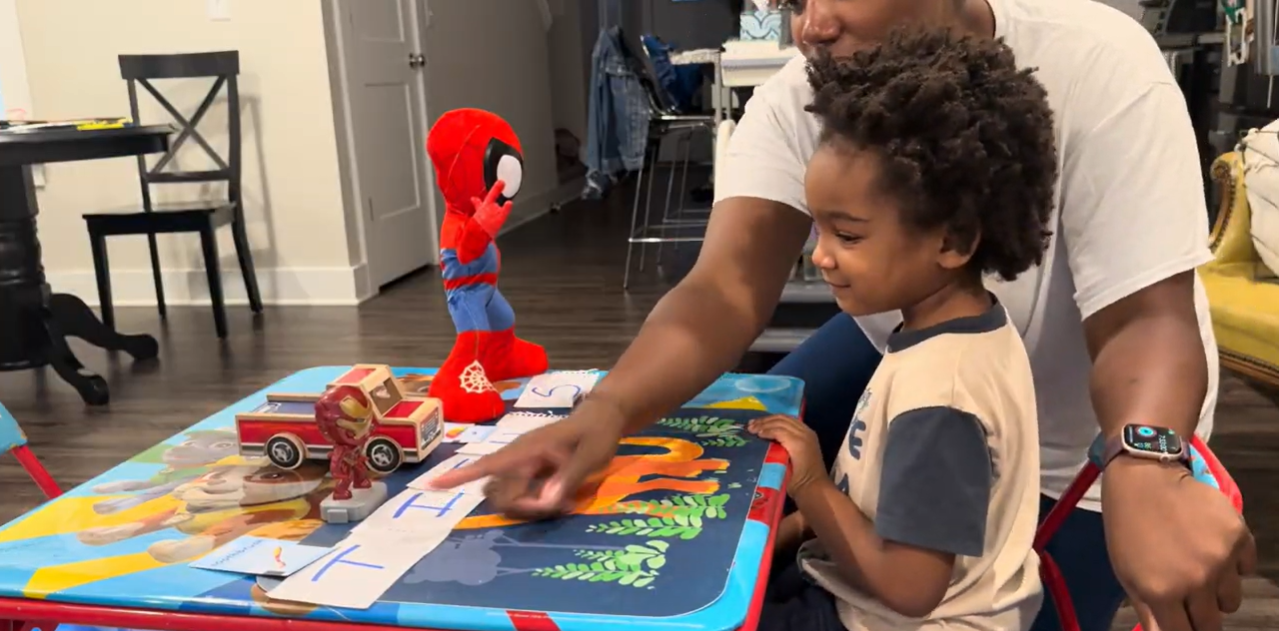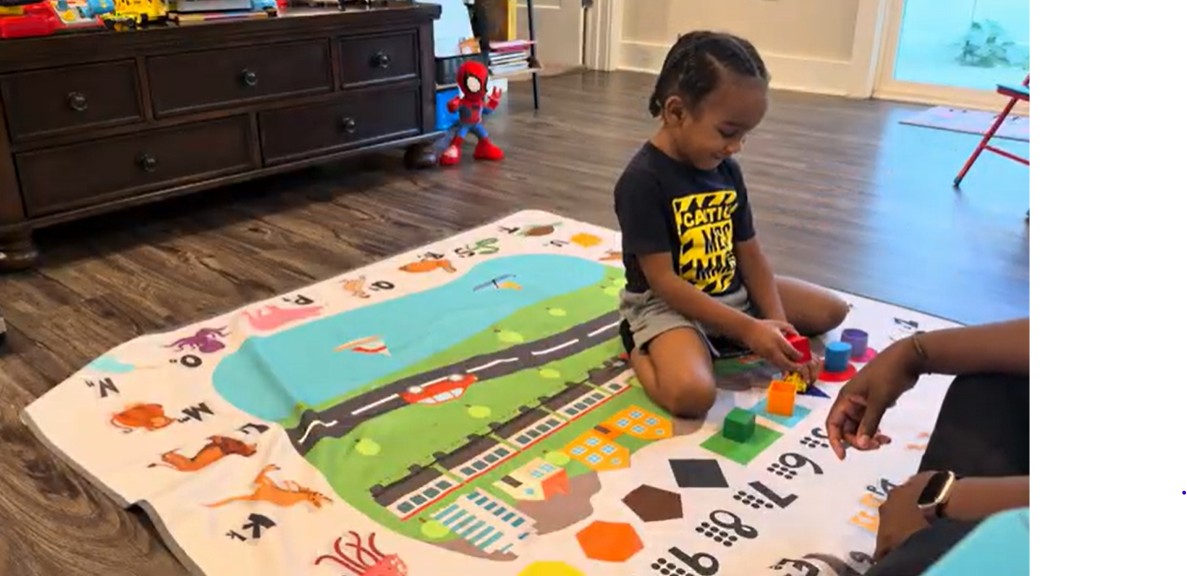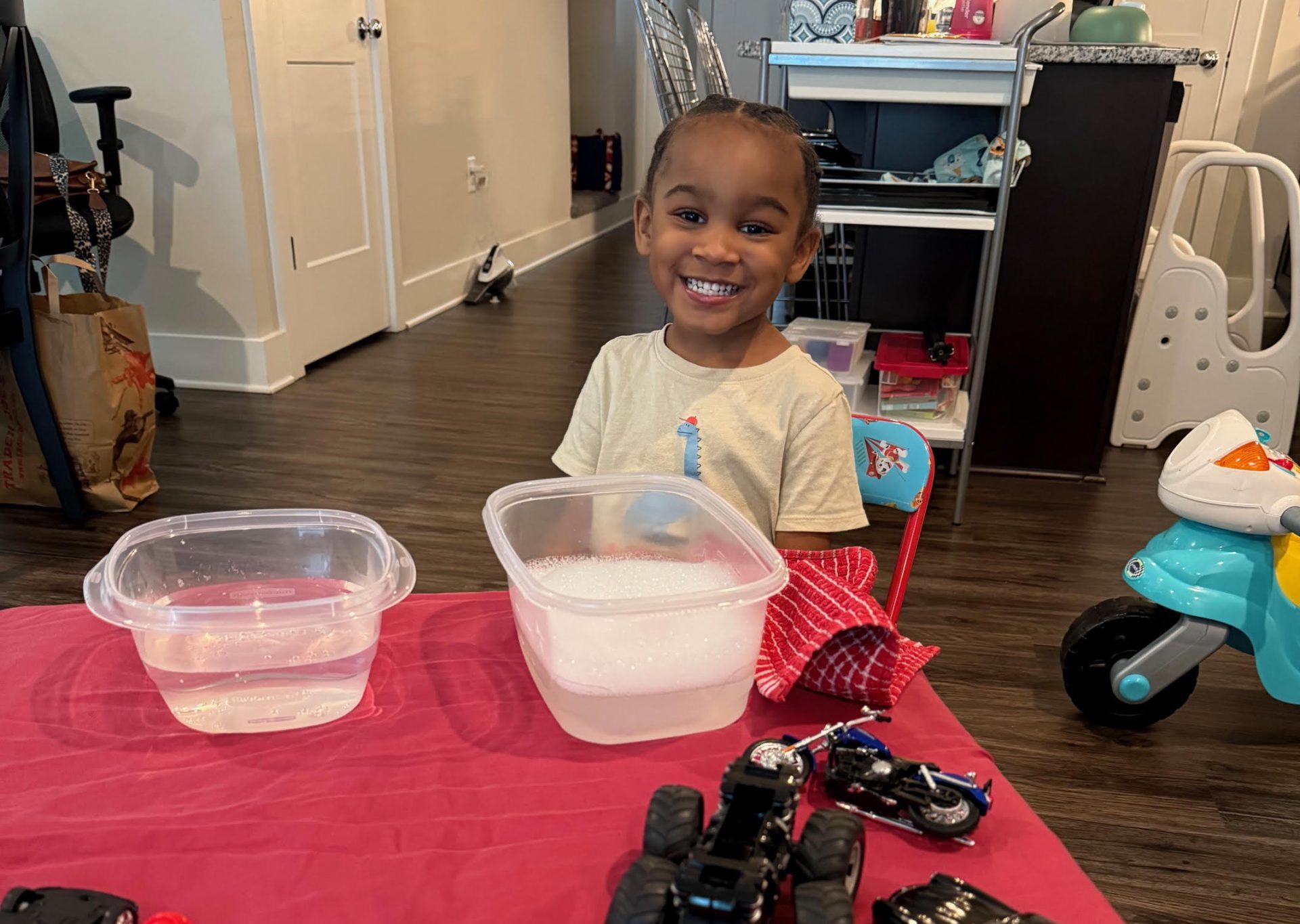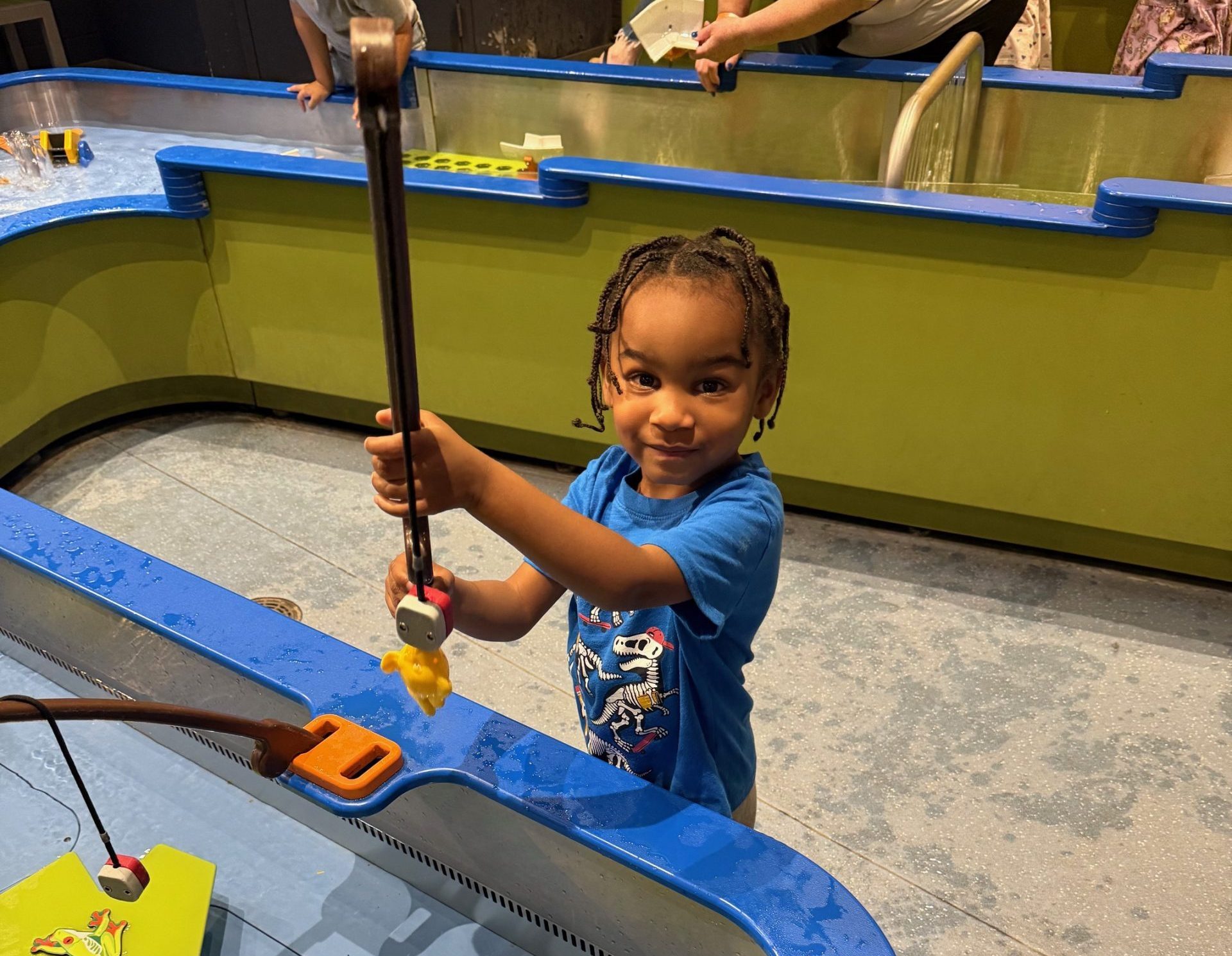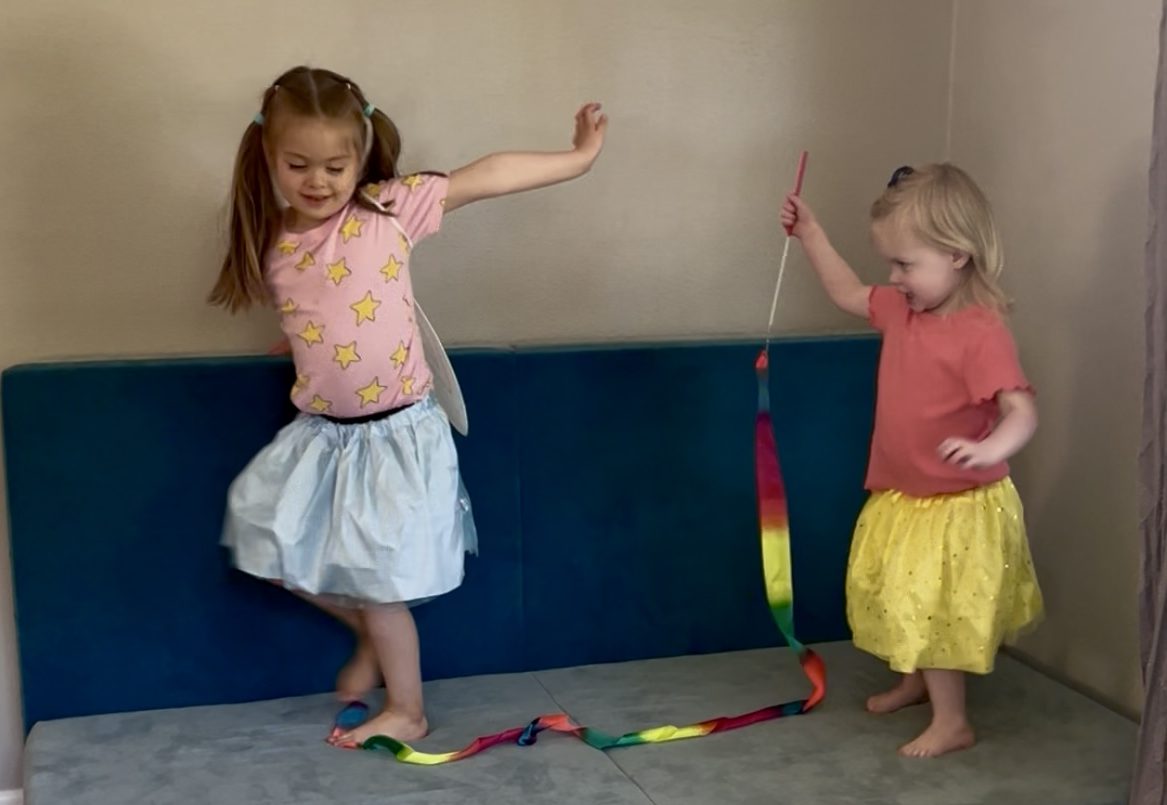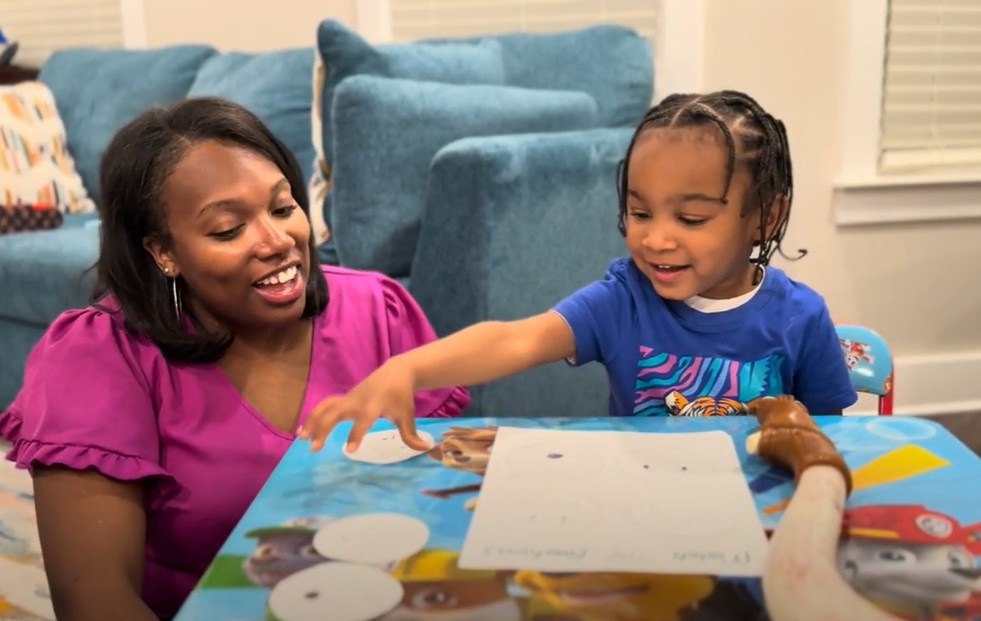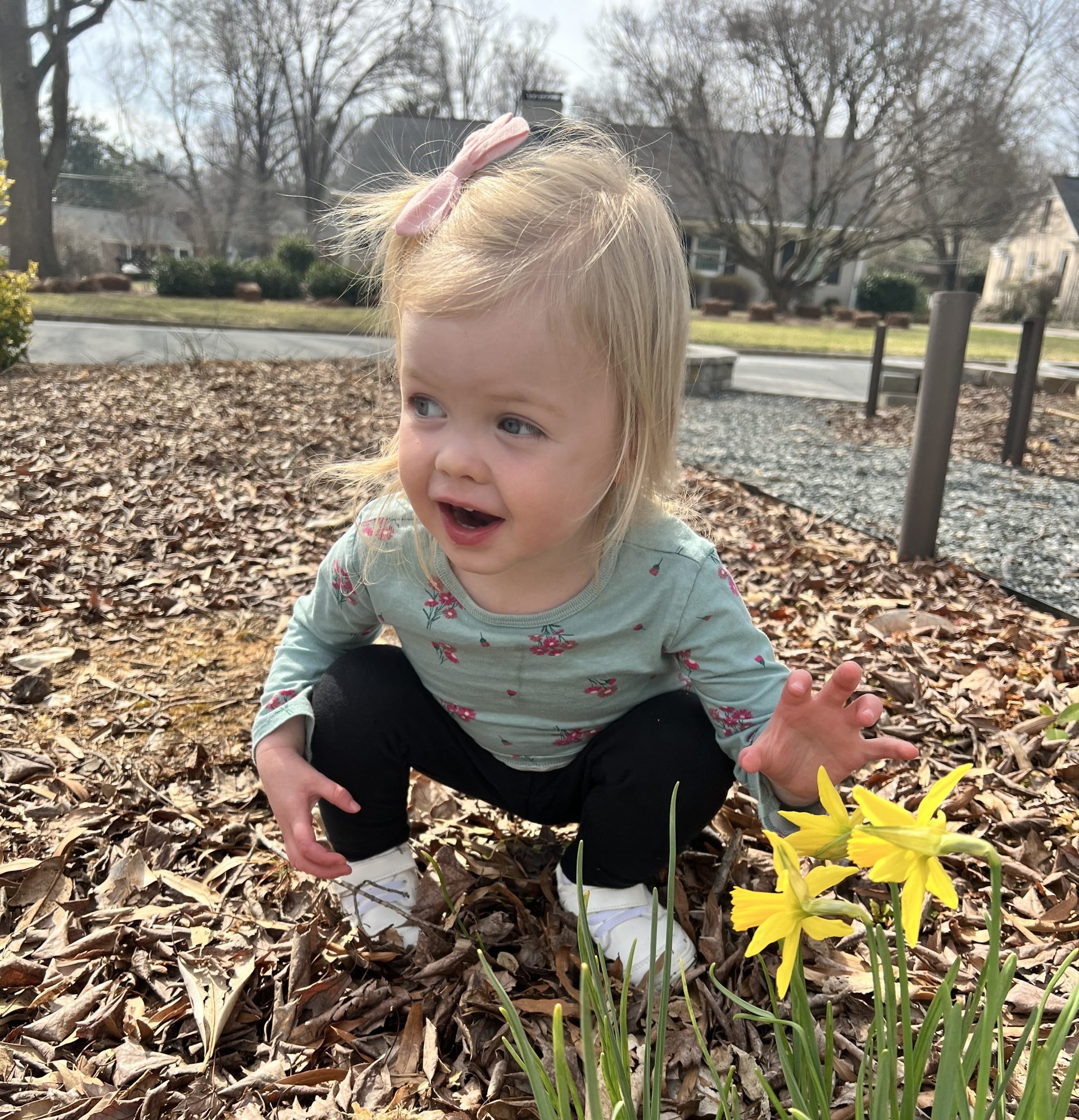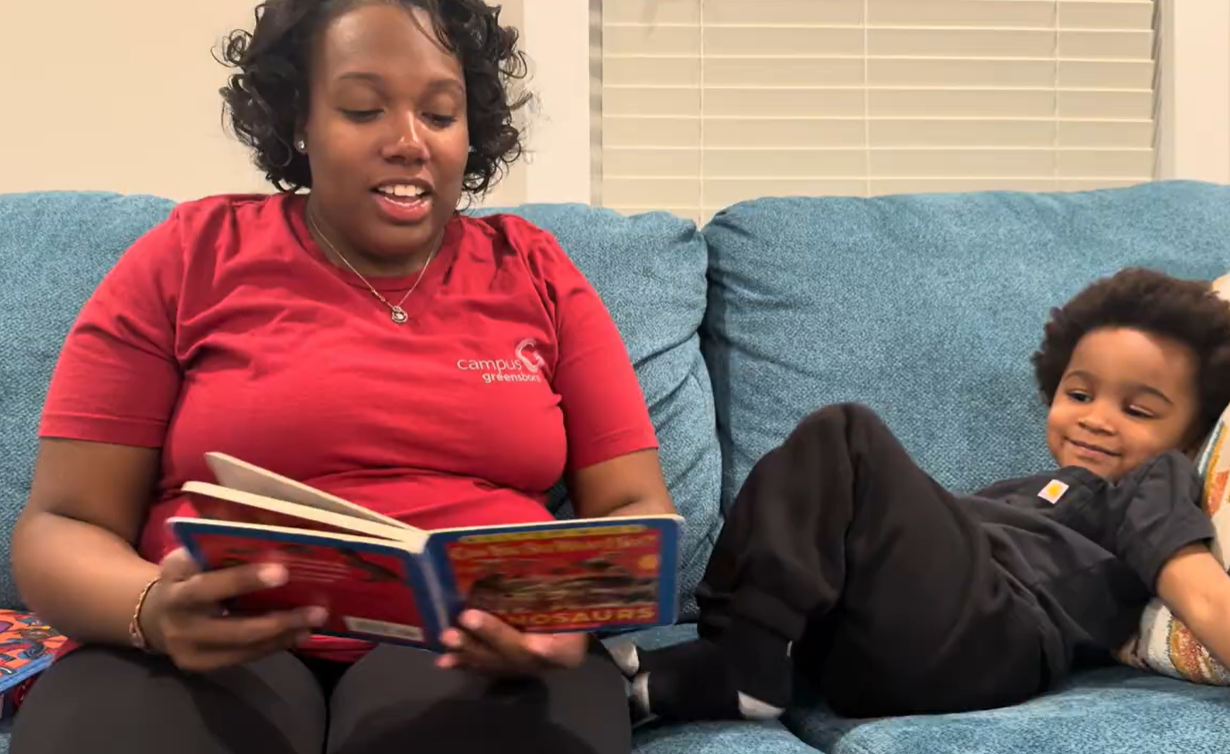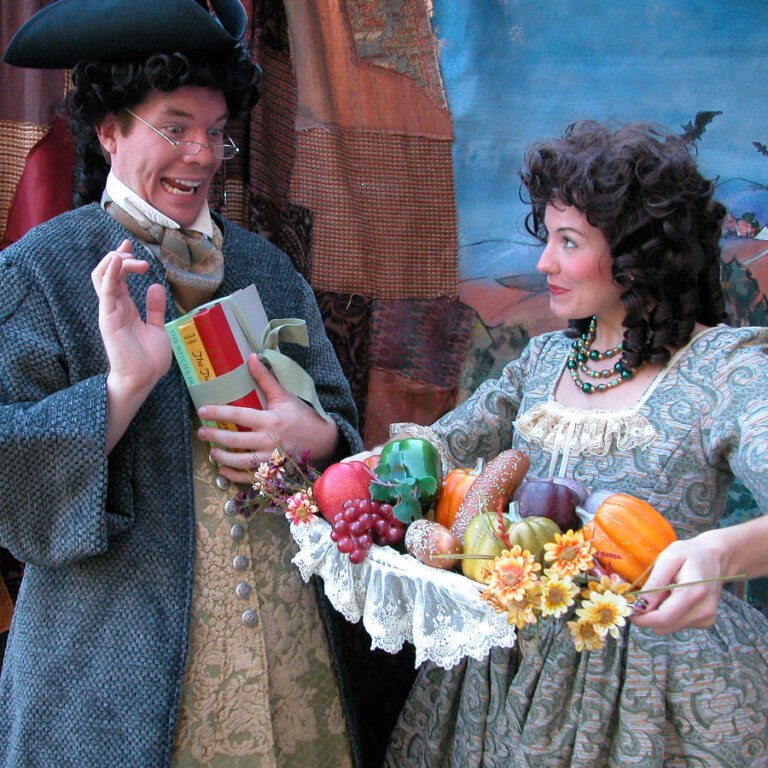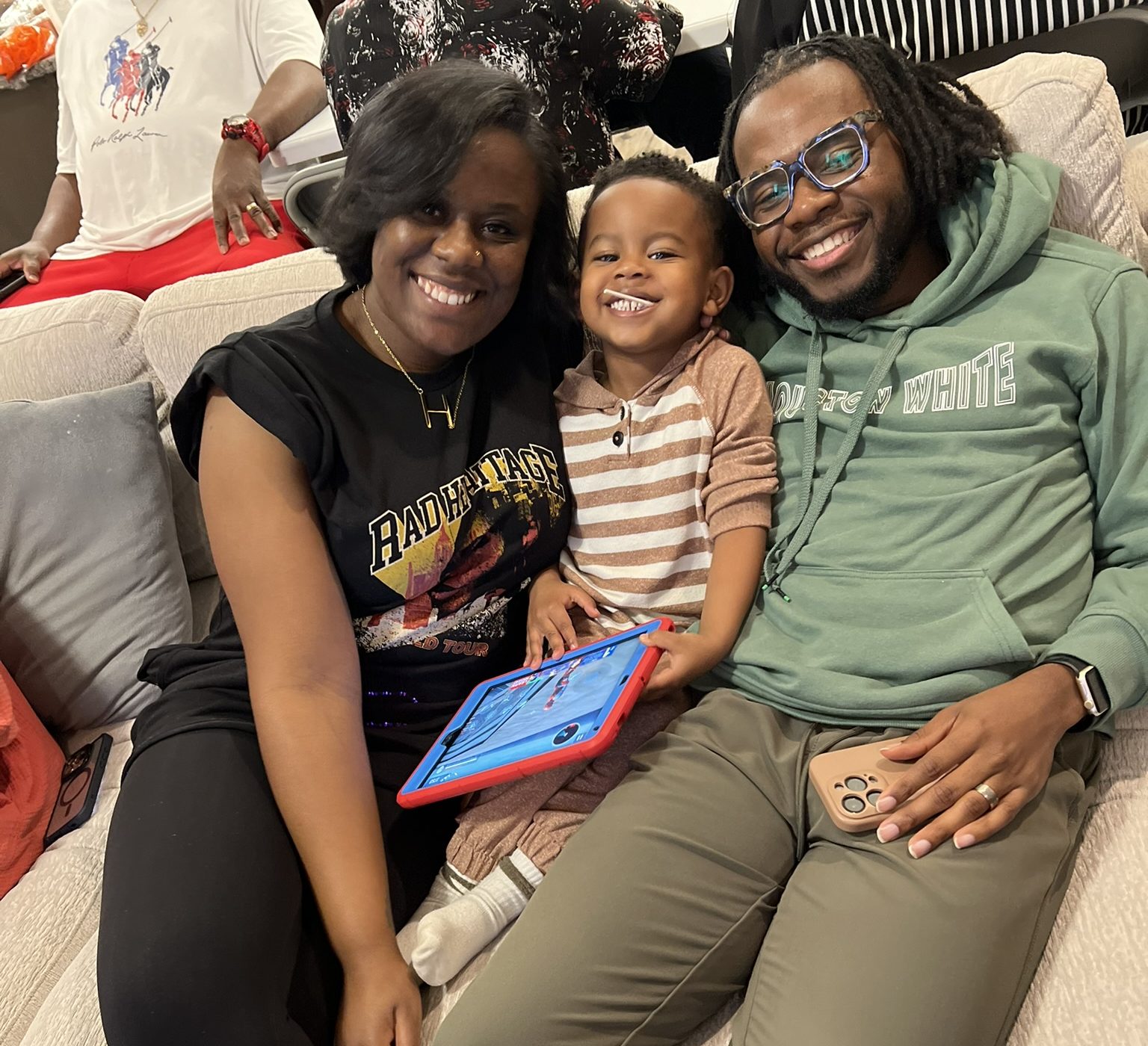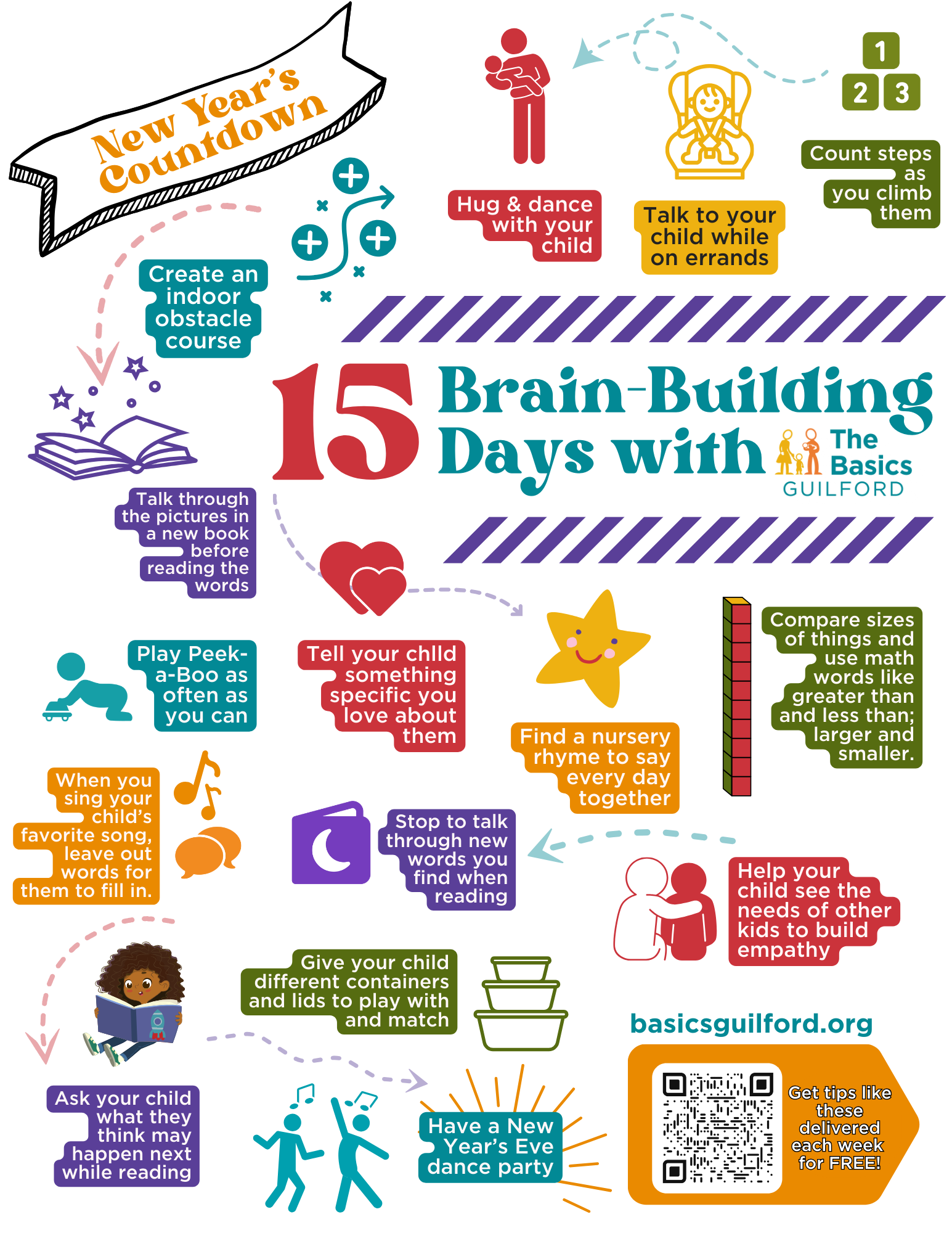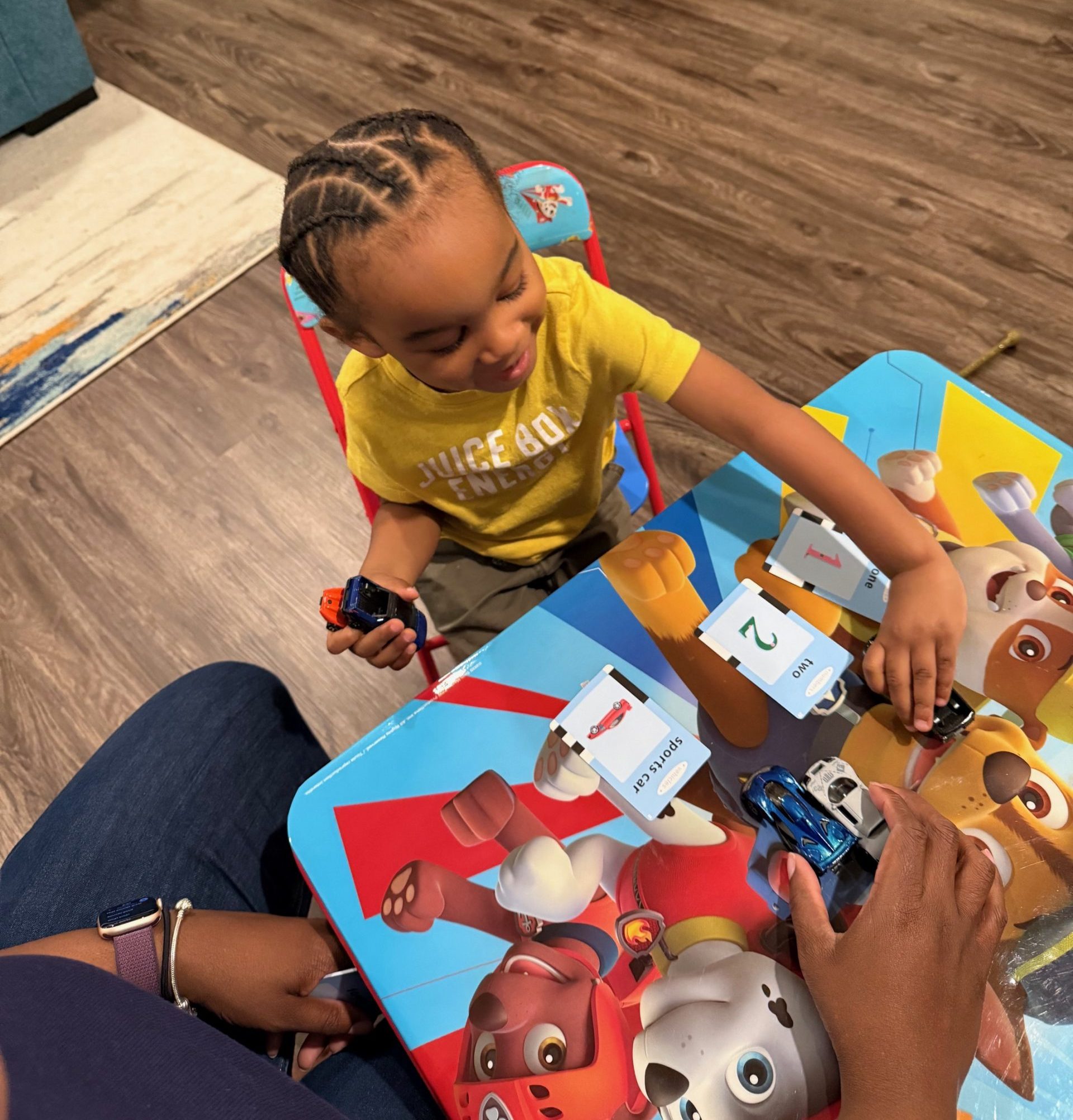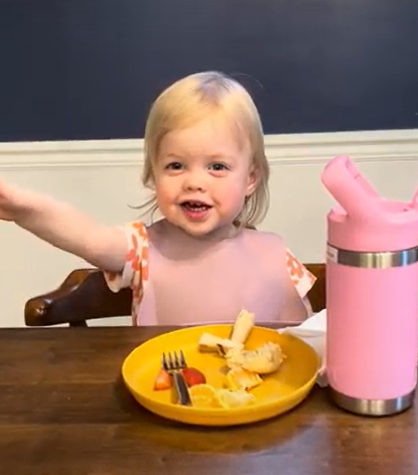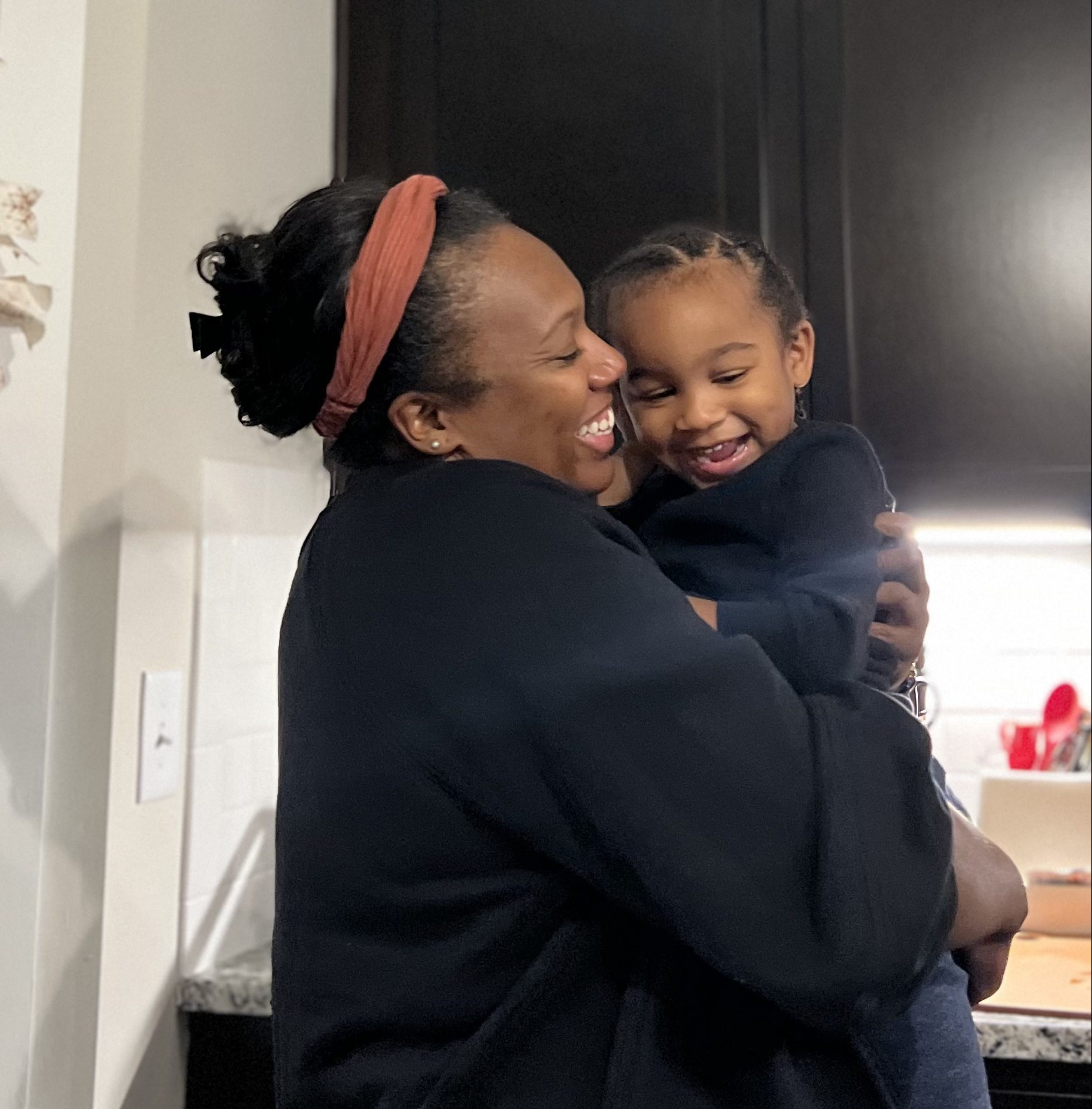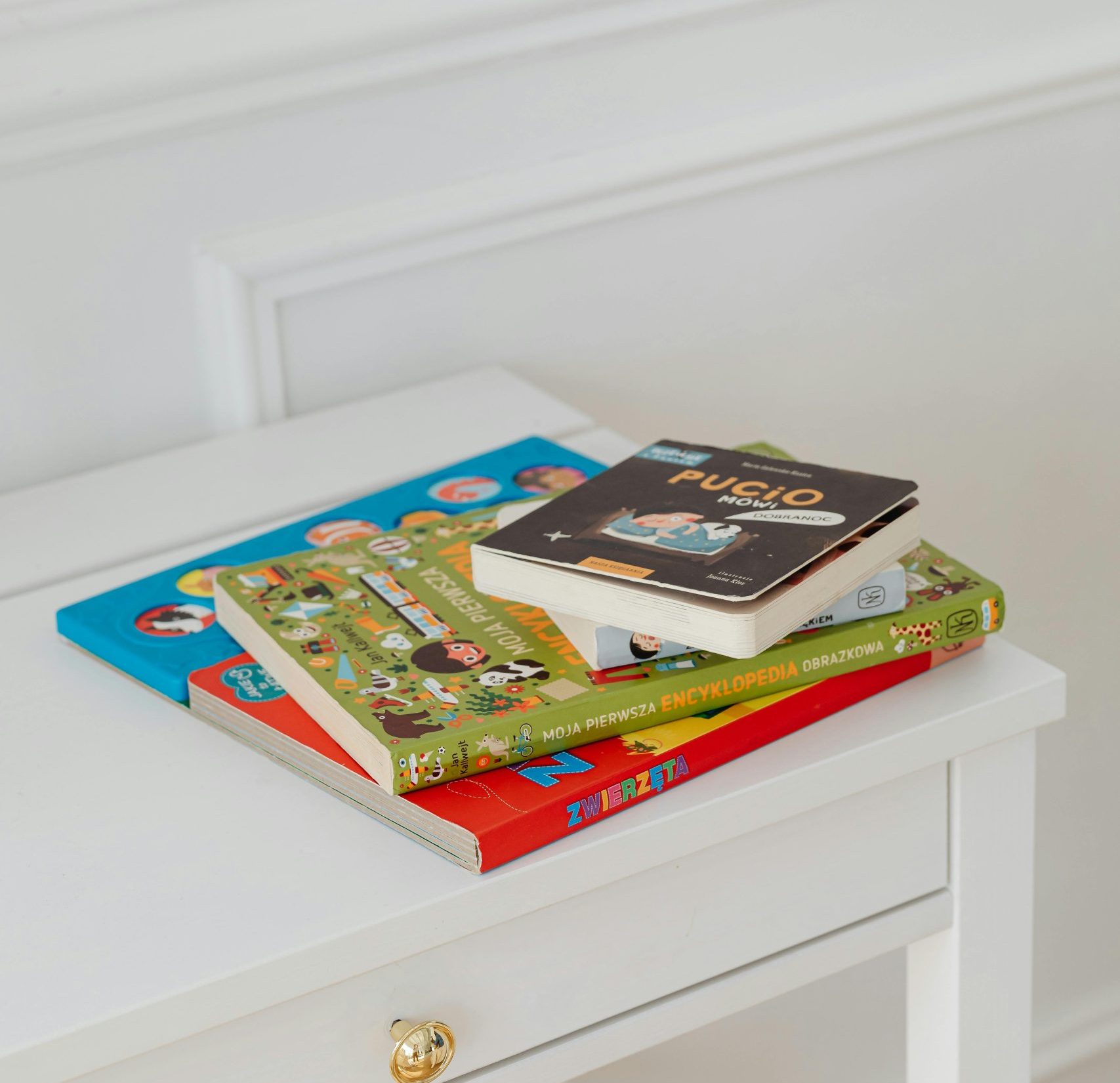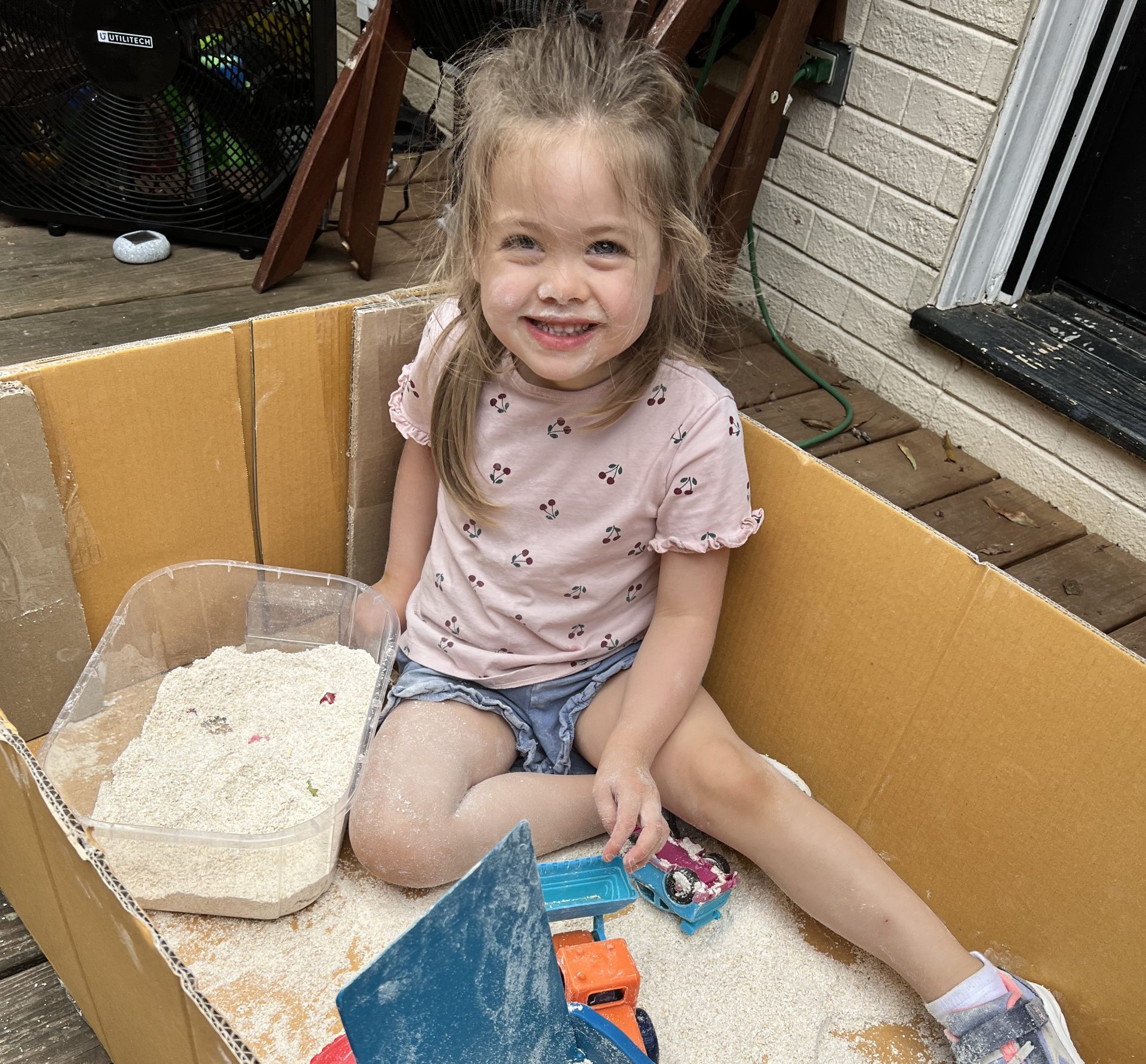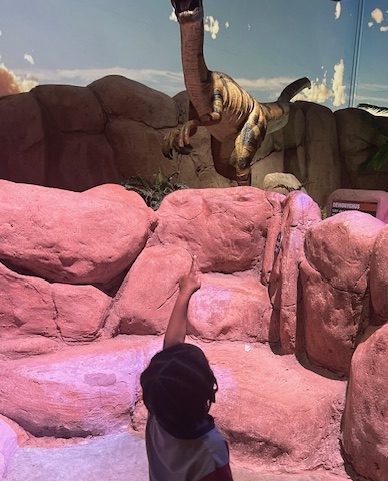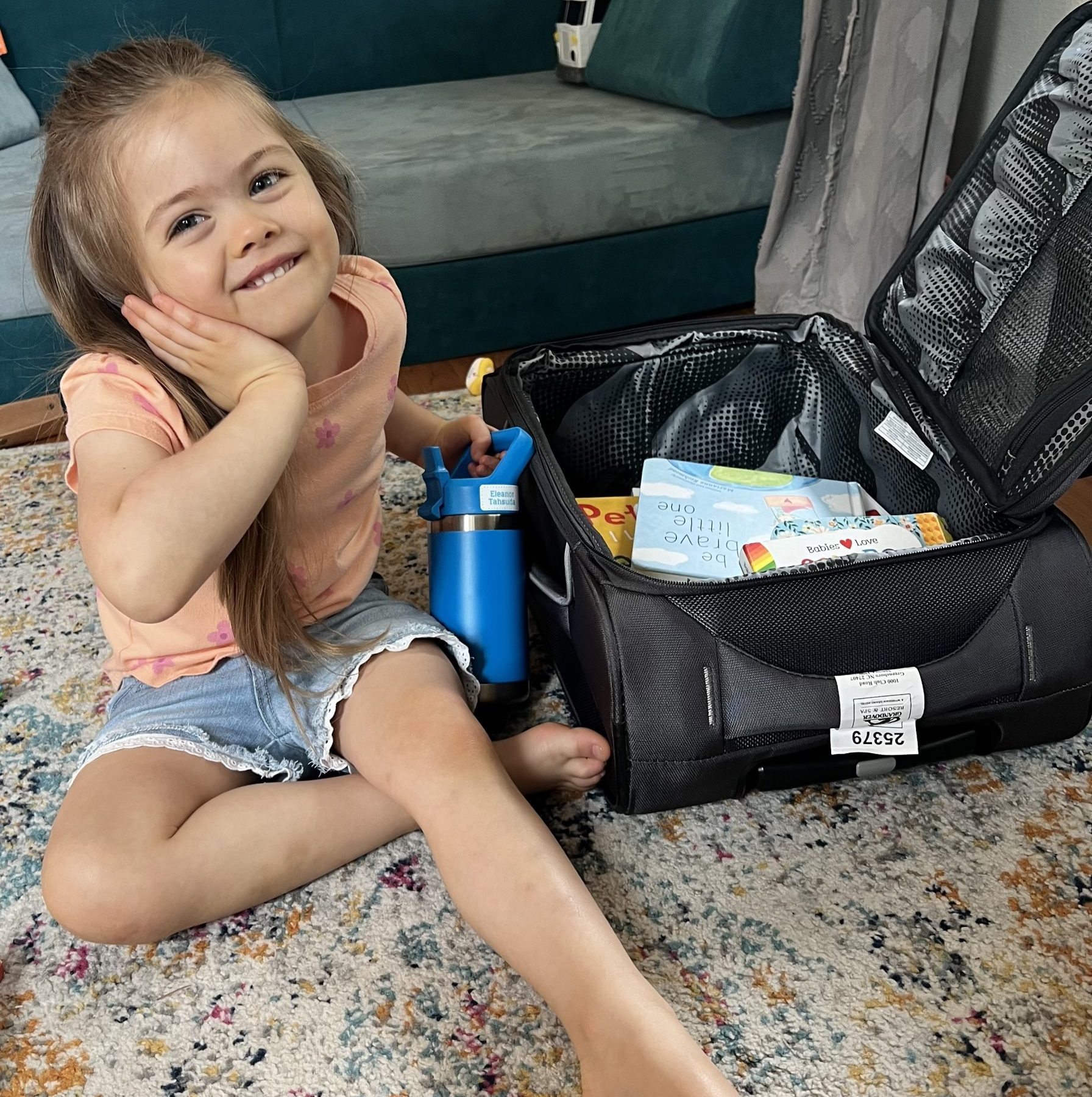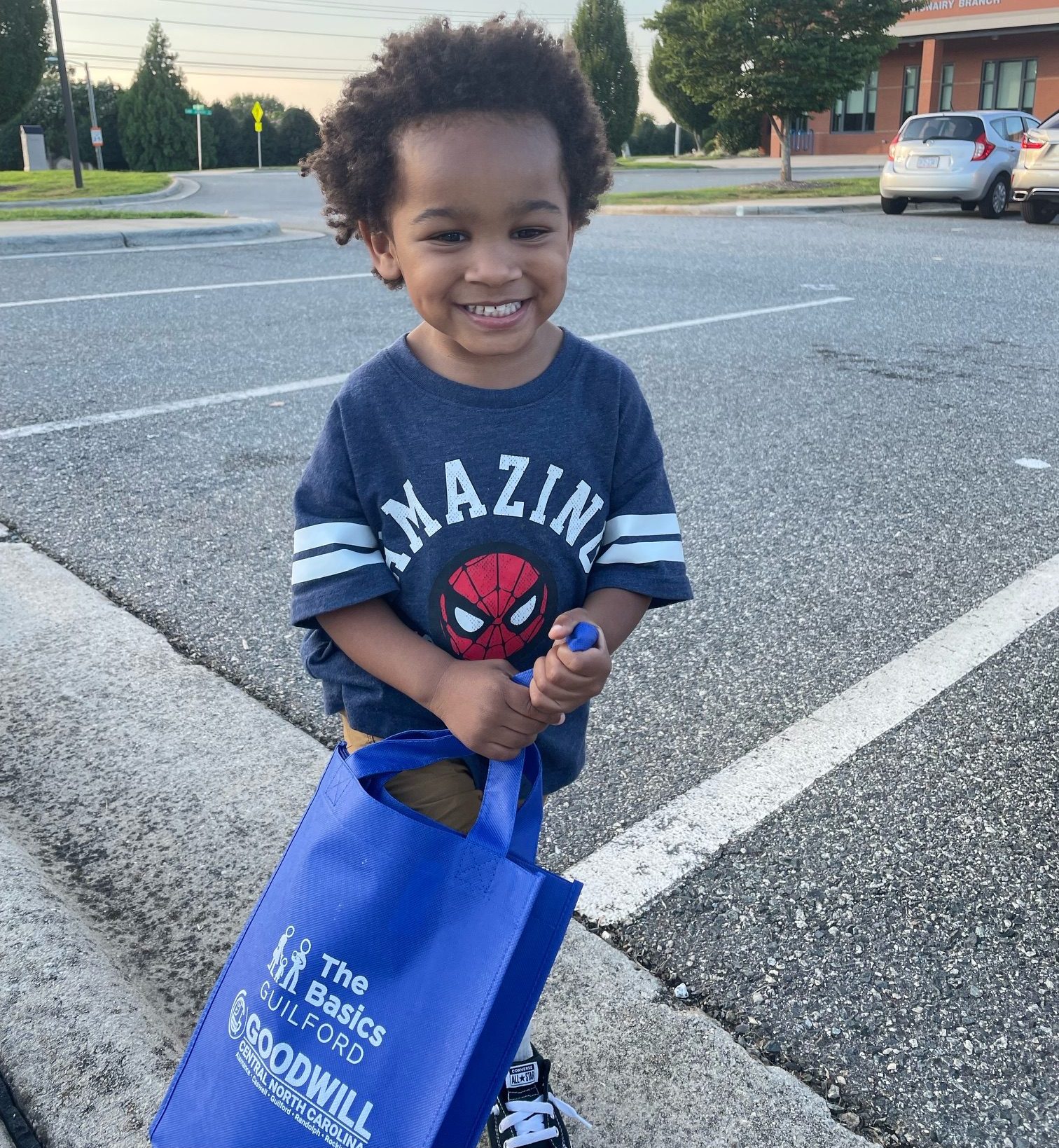A SWEET WAY TO SLOW DOWN | The holidays are supposed to be magical for toddlers but they can also be completely overwhelming and stressful at the same time. Being off routines, seeing bright lights and hearing lots of noise can quickly lead to big feelings.
We recently took a visit to the Miriam P. Brenner Children’s Museum to slow things down and decorate gingerbread men together.
This activity wasn’t about creating something picture-perfect. It was about spending time together, making memories and staying calm. I let Titus make his own choices, encouraged his creativity, and gave him my full attention. When he feels seen, supported, and valued it helps us live out Maximize Love, Manage Stress in daily life.
During the activity we decorated by spreading the icing and placing sprinkles and even when something spilled or didn’t line up exactly how he wanted, it gave us the opportunity to manage stress in the moment.
We discussed his feelings and took some deep breaths. I shared with him that mistakes happen and after a pause to calm his frustration, he was ready to get back to it!
These small moments maximize love by building connection and trust and they help our family navigate the busy holiday season with a little more ease.
By Candace Martin

